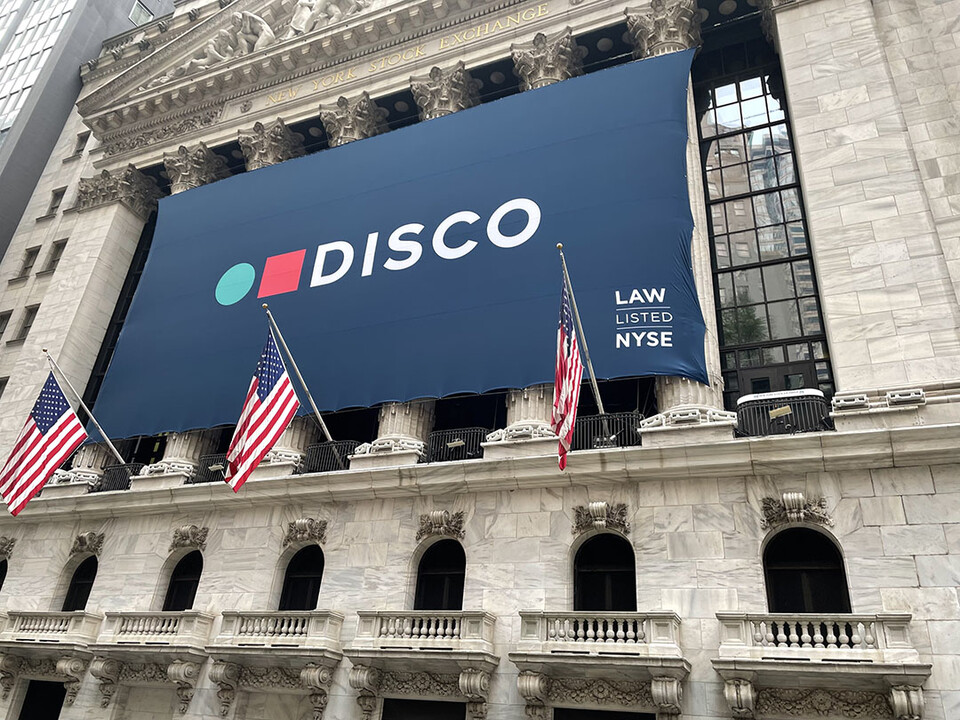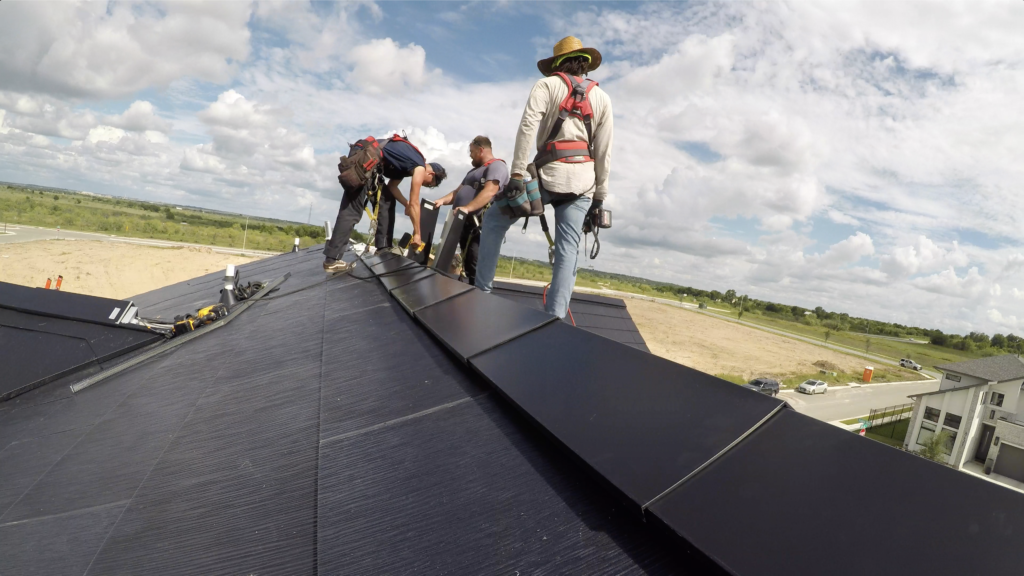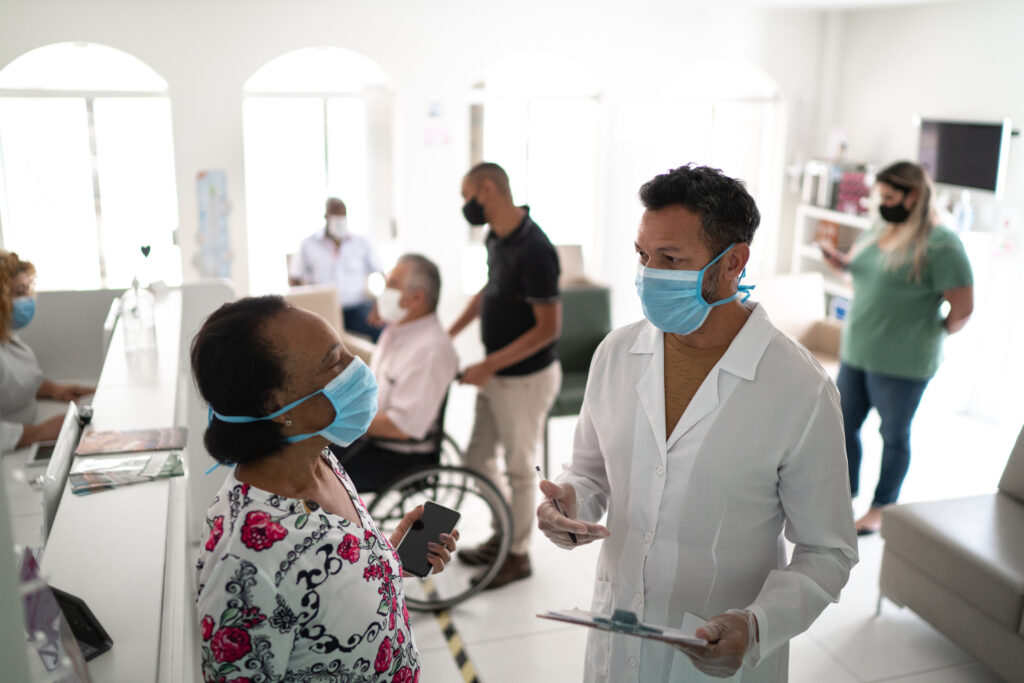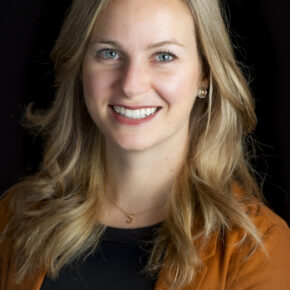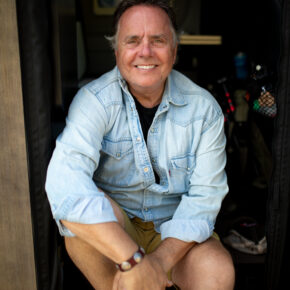
While building a tiny home in Austin last March, Rusty Fincke turned to his neighbors and friends to find an electrician.
“I was using Nextdoor and asking friends for referrals,” he said.
That sparked the idea for RealWork Labs, which creates lead generation marketing software for the home services industry. Fincke joined with Pierce Birkhold, to launch the company in August of 2020. Its software helps home service providers improve their web presence by using video testimonials, customer recommendations, and social media to market. Its customers include plumbers, electricians, HVAC technicians, roofers, landscapers, and more. It also has a check-in feature that pinpoints on a map exactly where the workers have done jobs in a particular area.
In a short time, RealWork Labs has gained a lot of traction, Birkhold said. It has 500 customers in just about every state including Alaska and Hawaii, he said. They have also hired 30 employees and leased space at the WeWork University building.
On Thursday, RealWork Labs announced it had closed on $2.5 million in seed-stage funding, led by LiveOak Venture Partners. And Krishna Srinivasan, founding partner at LiveOak is joining RealWork Labs’ board along with John Berkowitz, co-founder of OJO Labs and Yodle.
RealWork plans to use the funds raised to accelerate product development and hire more employees to provide customer service and sales, Birkhold said.
Previously, Fincke and Birkhold worked at Yodle and Digital Pharmacist. Unlike other founders who come from a product development background, they both have experience in sales and customer service. They also only put in $3,000 each along with Warren Lentz, another Digital Pharmacist alum to startup operations. The company has been profitable and generating revenue since its earliest days, Fincke said.
“We’ve grown organically,” Fincke said. “We haven’t taken out a loan to hire a bunch of people.”
Now RealWork Labs is spending millions of dollars on continuous product development. Birkhold said.
“The business is profitable and cash-flow positive and we’re able to grow our support team and sales team and invest in tools and best practices for our teams to support those customers in the best way,” Birkhold said.
RealWork Labs origin story is like a lot of bootstrapped entrepreneurs in Austin who tend to be scrappy, resourceful, and run-on revenue before seeking funding.
“We definitely have the taco truck approach to getting to where we are now,” he said. “We’re not full P. Terry’s yet, or Torchy’s but we’re a little bit above hanging out in a truck.”
RealWork Labs has done a good job of keeping its finances in control and not spending above its means, so the company doesn’t go into debt, Fincke said.
“We’ve had a lot of laughter and a lot of arguments to get to where we are today and everything has continued to pan out in our favor,” he said.
It was important to the founders to build an employee first organization, Birkhold said. All employees have health insurance and are on staff, not contractors, he said.
“As we bring the best of breed from all the places that we’ve worked at we are hyper focused on our employees,” Birkhold said. They wanted to create a company that they enjoyed working at, he said.
“We have known the founders both by reputation and by working with them previously, as being simply exceptional in building and scaling software solutions that target SMBs. The incredible traction the company has had in such a short period of time is both a testament to the founders’ abilities in this area and the magnitude of the market opportunity” Krishna Srinivasan, board member and Founding Partner at LiveOak Venture Partners, said in a news release.
The pandemic has slowed down the home services industry lately with material shortages and labor shortages, Birkhold said. Some home service providers are not taking on new business until next year, he said.
“Even devices like garage door companies and HVAC servicers are seeing shortages of materials that are impeding their ability to grow,” he said.
“The pandemic is both a headwind and tailwind at the same time,” Birkhold said.
But those businesses still need to develop and maintain relationships with customers. And the key is to generate trust. That comes from customers endorsing businesses, he said. With the RealWork Labs software, field technicians can use their cell phones to capture on-site video and tell better stories about their customer service, he said.
“We are doing that at the neighborhood level and generating media and furthering the ecosystem so neighbors nearby can see the video and content of what’s happening near them,” Birkhold said.
“It generates leads for the company,” he said.
“The first step is getting found. The second step is a new customer calling you. How do they choose one plumber versus another?” Birkhold said. “You can engineer behavior between technicians, prospects, and current customers through the use of technology and cell phones and a platform that can really overhaul the way home services businesses operate.”
The best advocate they could ever have isn’t a marketing agency that edits their work it’s their customers, Birkhold said.
“And the best people for their customers to be speaking to are their neighbors and people near them,” he said.
What makes RealWork Labs special is that businesses can’t fake or force what it does, Birkhold said. Its video testimonials and social proof only work if the business does good work, he said.

